
Germany Digital Nomad Visa
Germany is a country of rules, weisswurst and a lot of history to discuss while having a beer in the local breweries. Even though Germany is pretty restrictive when it comes to permanent work permits and VISAs for non-EU foreigners that want to relocate to Germany, it is not that difficult to get a digital nomad visa for remote workers.
If you are less of “a live in the middle of nowhere” type of person, Germany is your sweet spot. Reliable infrastructure and wifi, as well as local state funded program in the east of the country for people wanting to relocate to the former GDR, where the population is decreasing drastically. From our perspective, Germany, which has one of the biggest economies in the world, has a lot to offer and huge potential for people who want to roll up their sleeves and create their own path.
Countless museums, historical sightseeing spots, historical artefacts across the country as well as amazing nature, beer and a melting pot for different cultures, is what draws digital nomads to Germany.
Germany Freelance “Freiberufler” Visa
Germany does not currently offer a typical digital nomad visa. Instead you can apply for a freelance visa called “Freiberufler” that usually allows you to enter Germany as a freelancer for 3 months. In order to receive a freelance visa, you must be a freelancer in one of the liberal professions (which pretty much cover all professions you can do remotely). An address in Germany has to be reported to the authorities. Like many other countries, proof of medical insurance throughout your stay has to be provided. From a financial point of view, the applicant has to prove that he or she is financially self-sustainable by submitting bank statements, pay slips, or an employment contract.
However, the last requirement stands out and highlights the integration aspect of the German immigration policy: The applicant has to provide services that will help the local economy. This requirement is deemed fulfilled if some of your clients or the company’s clients are from Germany. As we understand it, there has to be some kind of connection to the German economy if you want to apply successfully.
It must be noted that the freelance visa only grants an entry permit. Once you have entered Germany you must apply for a residence permit that can be extended for up to 3 years.
The total application fee amounts to EUR 75. This payment can be done at the mandatory visa appointment with the immigration office. And since you have to provide the authorities with a German address, the first step of the application process is to rent or buy an apartment in your desired area. Just after being able to provide a personal address, the application process can continue.
Eligibility
- Your profession must be beneficial to Germany’s economy.
- You must have proof of intent of clients who are going to work with you
- You must have proof of sufficient means to live in Germany – at least €9,000 per year.
- You must have a legal registered address in Germany.
- If you are over 45 – you must have an adequate pension plan.
- A monthly pension of €1,332.36 for at least 12 years, or
- Assets amounting to at least €194,631.
What do I need?
- Completed national visa application form.
- Valid national passport.
- 2 recent biometric photographs.
- Paid visa application fee.
- Health insurance.
- Recommendation letters from your previous employers.
- Updated CV.
- Portfolio of your previous work.
- Professional authorization.
- Certificates of former education.
- Enough financial means.
- Latest bank statements.
- Profit/loss statement.
- If you are older than 45 – Proof of adequate pension plan.
- Evidence of a freelance plan.
- Letters of commitment from future customers/employers.
Visa fees
- €75 for the embassy fee.
- €100 for the residence permit fee.
- €100 for an extension of the residence permit.
Application process
- Submit an application for a freelance visa at your local German Embassy or Consulate.
- Once your visa was granted you may enter Germany and continue the residency process.
- Register your living address.
- Open a bank account in a bank in Germany.
- Register with Tax Registration Office (Finanzamt)
- Apply for a freelancer residence permit.

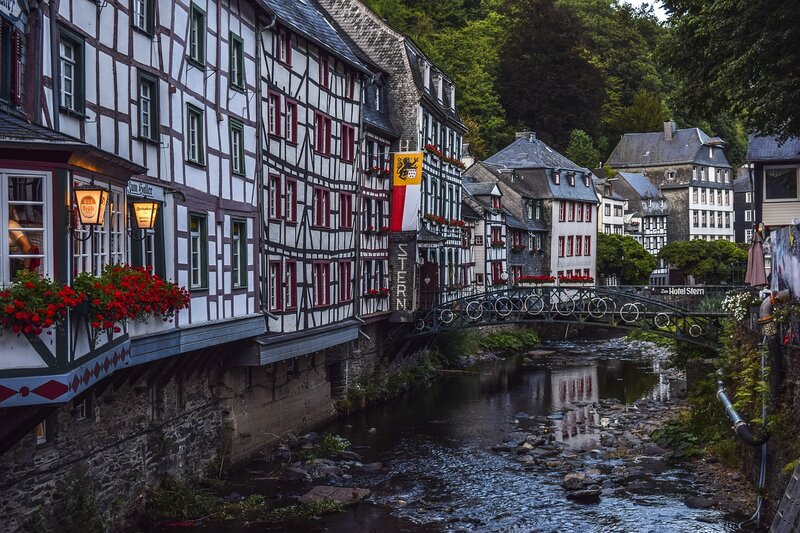
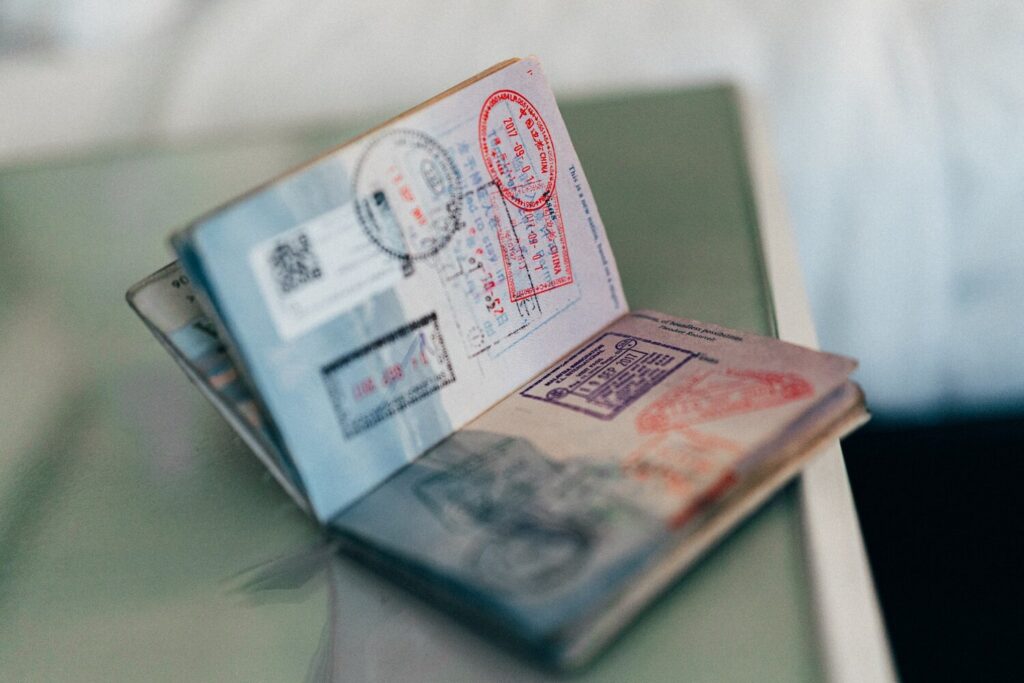

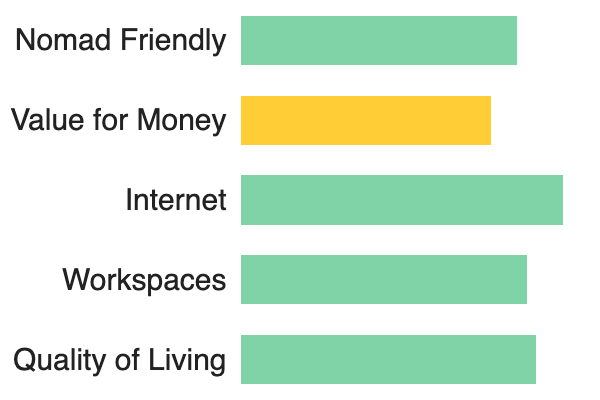
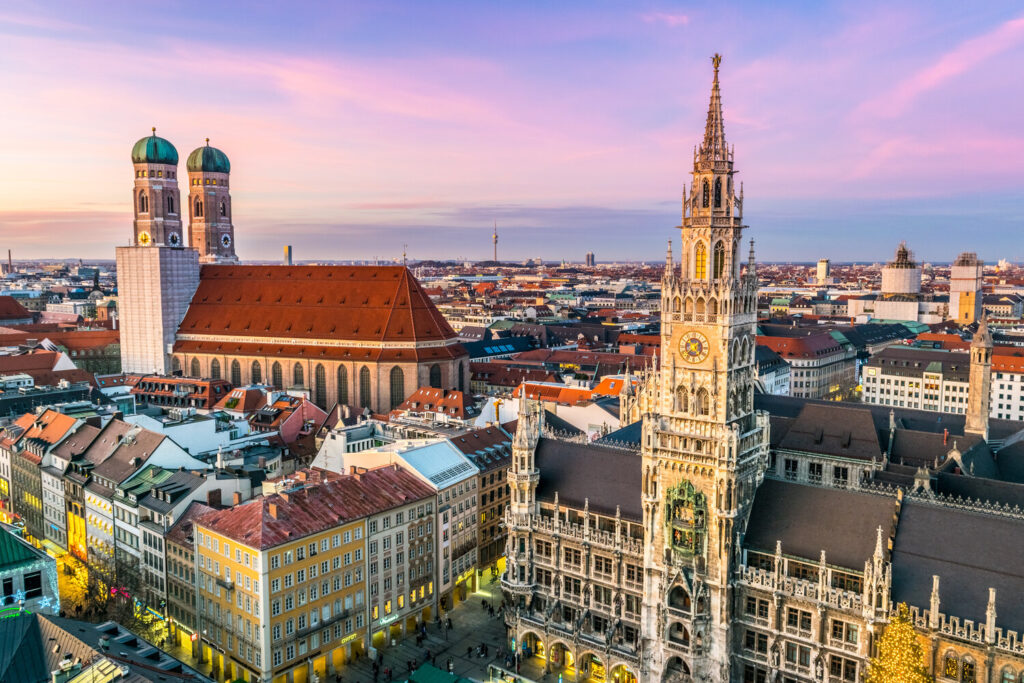
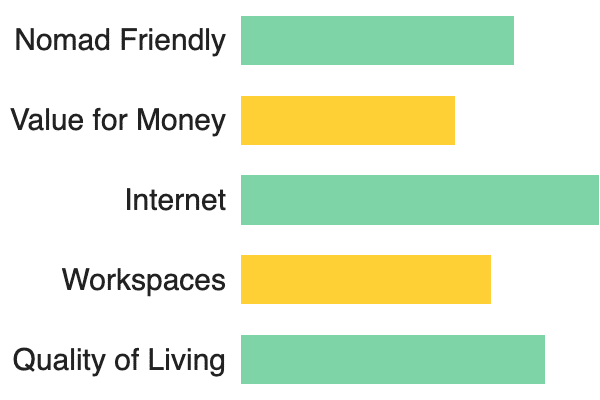


Responses